May 18, 2024 | 13:14 GMT +7
May 18, 2024 | 13:14 GMT +7
Hotline: 0913.378.918
May 18, 2024 | 13:14 GMT +7
Hotline: 0913.378.918
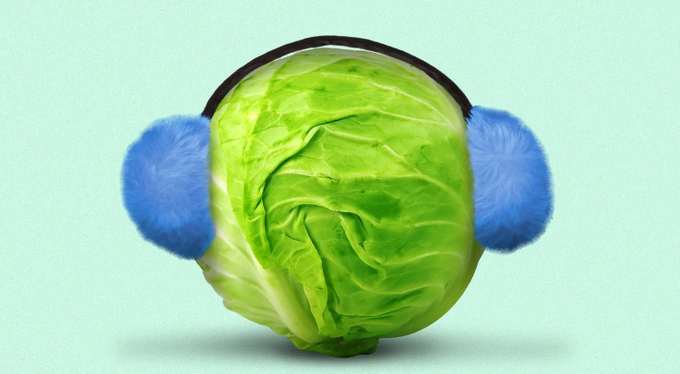
Illustration: Tiffany Herring/Axios
Why it matters: Scientists are saying this discovery could offer new solutions for breeding resilience into crops less suited to cold climates, with implications for global crop production and food security in cases of extreme weather driven by climate change.
Plants deploy many mechanisms to adapt to low and freezing temperatures. As climate change continues to drive temperature fluctuations, understanding those systems can help us better mitigate any adverse impacts on the global food supply.
What they found: Photosynthesizing plants have evolved their "own way of making cold mornings tolerable" through an evolutionary cold "coping mechanism," according to a new study published in the journal Nature Plants.
The cold "coping mechanism" is under the control of a plant's biological clock — which impacts everything from photosynthesis to how a plant tracks seasonal changes.
By analyzing how colder temperatures are communicated to chloroplasts — the site of photosynthesis inside a plant cell — the study authors identified what they call a "signaling pathway" that shares information through a plant, helping to fortify it against damaging environmental impacts.
They observed that if the pathway isn't functioning correctly, particularly during longer periods of cold temperatures, plants really struggle with photosynthesis — which is key to their survival.
What's next: Researchers are investigating whether this can be applied to further expand cold tolerance in crops such as maize, which is known to be highly sensitive to cold stress.
Yes, but: Although the study only looked at one specific plant species, co-author Antony Dodd, a plant scientist at the John Innes Centre, says it's been demonstrated in other research that the process exists in flowering crops like wheat.
"There's no reason to think that this pathway would not be important in other crops," says Dodd, noting that it could be manipulated through crop breeding programs or precision breeding, which is a biotech approach that allows for more targeted genetic modification of plants.
State of play: The study publication follows last month's landmark British ruling that facilitates the expansion of precision breeding tech.
The legislation also opens the door for commercial development of gene-edited crops — as researchers and policymakers look to reduce climate impacts on crop yields and rising food demand.
Zoom out: Climate change is affecting food production and reducing food security worldwide at an increasing rate, with the latest IPCC report flagging its role in "slowing agricultural productivity growth" over the past 50 years.
Of note: It's important to think about this discovery in terms of climate change, according to Dodd.
Processes that allow plants to respond to a range of fluctuations in environmental conditions — not just higher temperatures — are what he considers "crucial to understanding how we can breed crops that are better for the future and can maintain our food security."
The bottom line: Tim Widmer, who leads the USDA/ARS national program for plant health and is unaffiliated with the study, tells Axios that this could result in more market access and changes in crop production cycles, as well as advancement in breeding of climate-resilient crops.
"It could lead to more food security by opening up geographical regions that have normally been considered too cold for a particular crop,” Widmer said in an email.
(Axios)
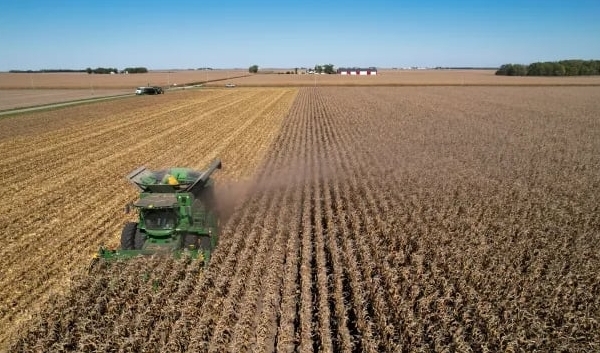
(VAN) Pharmaceutical, manufacturing and big agriculture interests have spent more than $400 million lobbying Congress on a new farm bill, a new report has found.
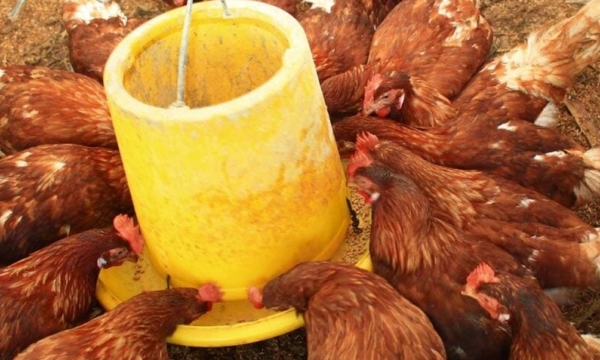
(VAN) RSPCA Assured has further extended its current pause on the introduction of new standards for laying hens, pausing its rollout for 9 months.
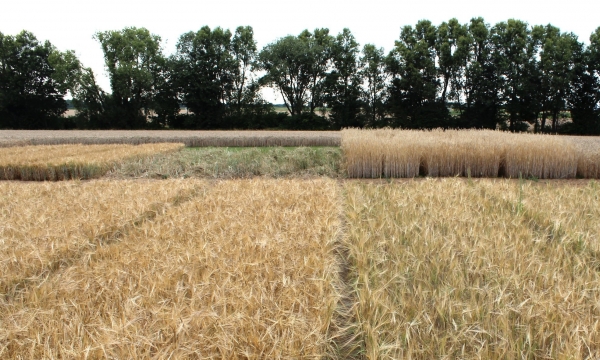
(VAN) Plants adapt genetically over time to the special conditions of organic farming. This has been demonstrated in a long-term study conducted at the University of Bonn.
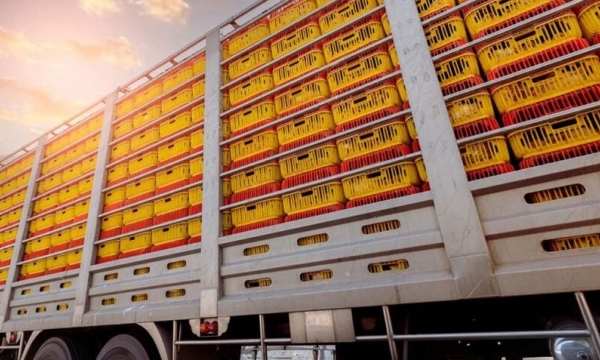
(VAN) Russia secured a spot among the top 3 largest poultry meat suppliers on the Chinese market in 2023.

(VAN) A string of unprecedented weather and climate events has struck multiple continents in recent weeks, killing hundreds and displacing many more.

(VAN) FAO Director-General urges peace and digitalization as central to achieving the SDG agenda.

(VAN) The European Commission has approved the acquisition of sole control of East Grain of Romania by Agrofert of Czechia.